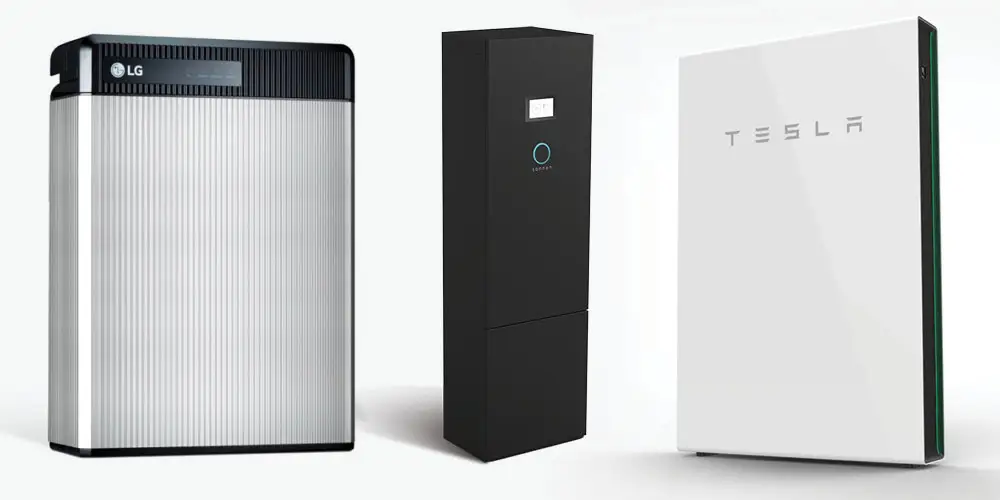
In an era defined by growing concerns about energy security, environmental sustainability, and resilience in the face of power outages, solar backup batteries emerge as a beacon of promise. These innovative energy storage solutions offer homeowners and businesses a means to harness the power of the sun not only to generate electricity but also to store it for use during times of need. In this comprehensive blog post, we’ll delve into the importance of solar backup batteries, exploring their benefits, applications, and why they should be a cornerstone of your renewable energy strategy.
Enhancing Energy Independence:
Solar backup batteries provide a crucial layer of energy independence by enabling homeowners to store excess electricity generated by their solar panels for use when sunlight is scarce or during power outages. This reduces reliance on the electrical grid and empowers individuals to take control of their energy destiny.
Resilience in the Face of Power Outages:
One of the primary advantages of solar backup batteries is their ability to provide reliable power during blackouts or grid failures. Traditional grid-tied solar systems without battery storage are typically designed to shut down when the grid goes down for safety reasons. In contrast, homes equipped with solar backup batteries can continue to operate independently, ensuring that essential appliances and systems remain powered, even when the grid is offline.
Seamless Transition to Off-Grid Living:
For those seeking a greater degree of self-sufficiency and resilience, solar backup batteries facilitate a seamless transition to off-grid living. By storing solar-generated electricity, homeowners can reduce or eliminate their dependence on the grid altogether, enjoying uninterrupted power even in remote or rural locations where grid connections may be unreliable or unavailable.
Optimizing Solar Self-Consumption:
Solar backup batteries also play a critical role in optimizing self-consumption of solar energy. Rather than exporting excess solar electricity back to the grid during periods of high production, homeowners can store it in batteries for later use, maximizing the value of their solar investment and reducing reliance on grid-purchased electricity during peak demand times when utility rates are highest.
Reducing Energy Costs:
By leveraging solar backup batteries to store and use solar-generated electricity when utility rates are highest, homeowners can significantly reduce their electricity bills. Time-of-use (TOU) billing structures, common in many regions, incentivize shifting energy consumption to off-peak hours when electricity prices are lower, allowing homeowners to save money while simultaneously supporting grid stability.
Environmental Sustainability:
Solar backup batteries contribute to environmental sustainability by promoting the adoption of renewable energy sources and reducing reliance on fossil fuels. By storing solar energy for later use, homeowners can minimize their carbon footprint and mitigate the environmental impact of traditional grid-connected electricity generation, which often relies on coal, natural gas, or other non-renewable resources.
Supporting Grid Stability and Reliability:
Solar backup batteries also benefit the broader electrical grid by enhancing stability and reliability. By storing excess solar energy locally and reducing peak demand on the grid, solar battery systems help alleviate strain during times of high usage, such as hot summer afternoons when air conditioning demand is at its peak. This, in turn, can reduce the risk of blackouts and brownouts and promote a more resilient and efficient grid infrastructure.
Economic Incentives and Rebates:
The adoption of solar backup batteries is further incentivized by various economic incentives and rebates offered by governments, utilities, and other organizations. These incentives can significantly offset the upfront cost of battery installation, making solar backup batteries a more accessible and affordable option for homeowners looking to enhance their energy independence and resilience.
Advancements in Battery Technology:
Rapid advancements in battery technology, driven by ongoing research and development efforts, are making solar backup batteries more efficient, reliable, and cost-effective than ever before. Lithium-ion batteries, in particular, have emerged as the preferred choice for residential and commercial energy storage due to their high energy density, long cycle life, and fast charging capabilities.
Choosing the Right Solar Backup Battery:
When selecting a solar backup battery system, homeowners should consider factors such as battery capacity, efficiency, warranty coverage, compatibility with existing solar installations, and ease of integration with monitoring and control systems. Consulting with reputable solar installers and conducting thorough research can help homeowners make informed decisions that align with their energy goals and budgetary constraints.
Conclusion: Powering the Future with Solar Backup Batteries:
As we navigate the challenges of an increasingly complex and interconnected energy landscape, solar backup batteries emerge as a cornerstone of a sustainable, resilient, and decentralized energy future. By harnessing the power of the sun and storing it for use when needed, homeowners can achieve greater energy independence, reduce their carbon footprint, and contribute to a more stable and reliable electrical grid.
Whether you’re looking to enhance resilience in the face of power outages, reduce energy costs, or minimize environmental impact, solar backup batteries offer a versatile and effective solution. By investing in solar backup batteries today, you’re not just powering your home—you’re powering the future of energy.
